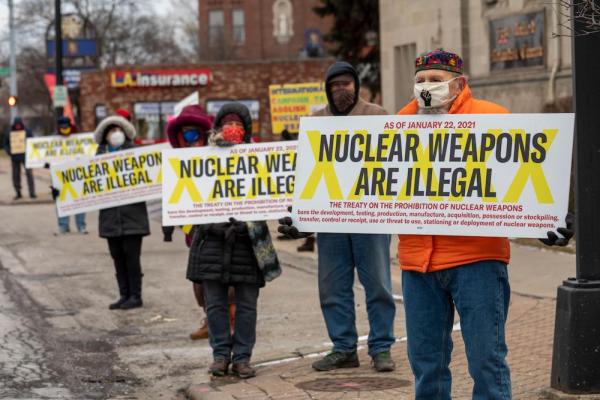Mar 3, 2022
President Vladimir Putin’s announcement on Sunday that he had ordered Russian nuclear forces to high alert (he called it a “special mode of combat duty”) brought to mind some of the most dangerous days of Cold War brinkmanship. For four decades, bellicose Soviet and American rhetoric and actions — from the Cuban missile crisis to Reagan administration talk of a “winnable” nuclear war — kept the world at very real risk of annhilation. (The Biden administration, to its credit, responded this week to Putin’s provocations by asserting, correctly, that “A nuclear war cannot be won, and must never be fought,” as a White House offical put it to Reuters, and declined to escalate the U.S. nuclear alert status.)
Read the Full Article

Already a subscriber? Login
